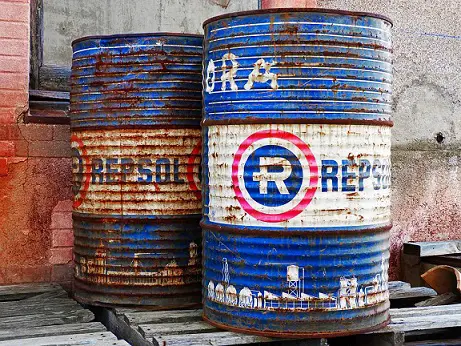On Tuesday the European Union announced it was issuing exemptions to the Russian refined petroleum product price cap scheme which came into effect on February 5th.
In guidance published on the European Commission website Tuesday, the price cap will not apply to any product made with a Russian petroleum product in a third country if that final product is, as part of its processing, blended with a petroleum product from another country.
The report stated, “The price cap will no longer apply after the crude oil or petroleum products have been released for free circulation in a jurisdiction outside Russia and are consigned to the landed purchaser.”
The exemption will make it easier for EU nations to purchase Russian petroleum products like diesel or gasoline from third countries, following a recent presidential decree from Russian President Vladimir Putin barring any sales to outside nations which even mention the price cap scheme in their sales contracts.
The new price cap on refined petroleum products from Russia will go into effect on February 5th. It will set a maximum sales price of $100 per barrel for highly refined products such as diesel, gasoline, and jet fuel originating in Russia, and a $45 per barrel price cap on less refined products which trade below the crude price, such as fuel oil used by industry.
The price caps, as well as a ban on the import of Russian oil products into the EU, were instituted by a coalition of the EU, the G7 countries, as well as Australia. The agreements include a $60 per barrel price cap on Russian crude oil, which went into effect on December 5th.
The measure barred Western companies from providing services to shippers, such as insurance or brokerage, if the crude oil cargo they were carrying were sold for a price above the capped price.
For its part, Moscow has fervently opposed the price cap regime, with the government issuing a decree barring delivery of any petroleum product to any nation which attempted to institute the capped price on a sale, or which made mention of the price cap in its contracts. It is expected the latest attempt to cap the price of refined products will precipitate a similar measure from the Russian government.

